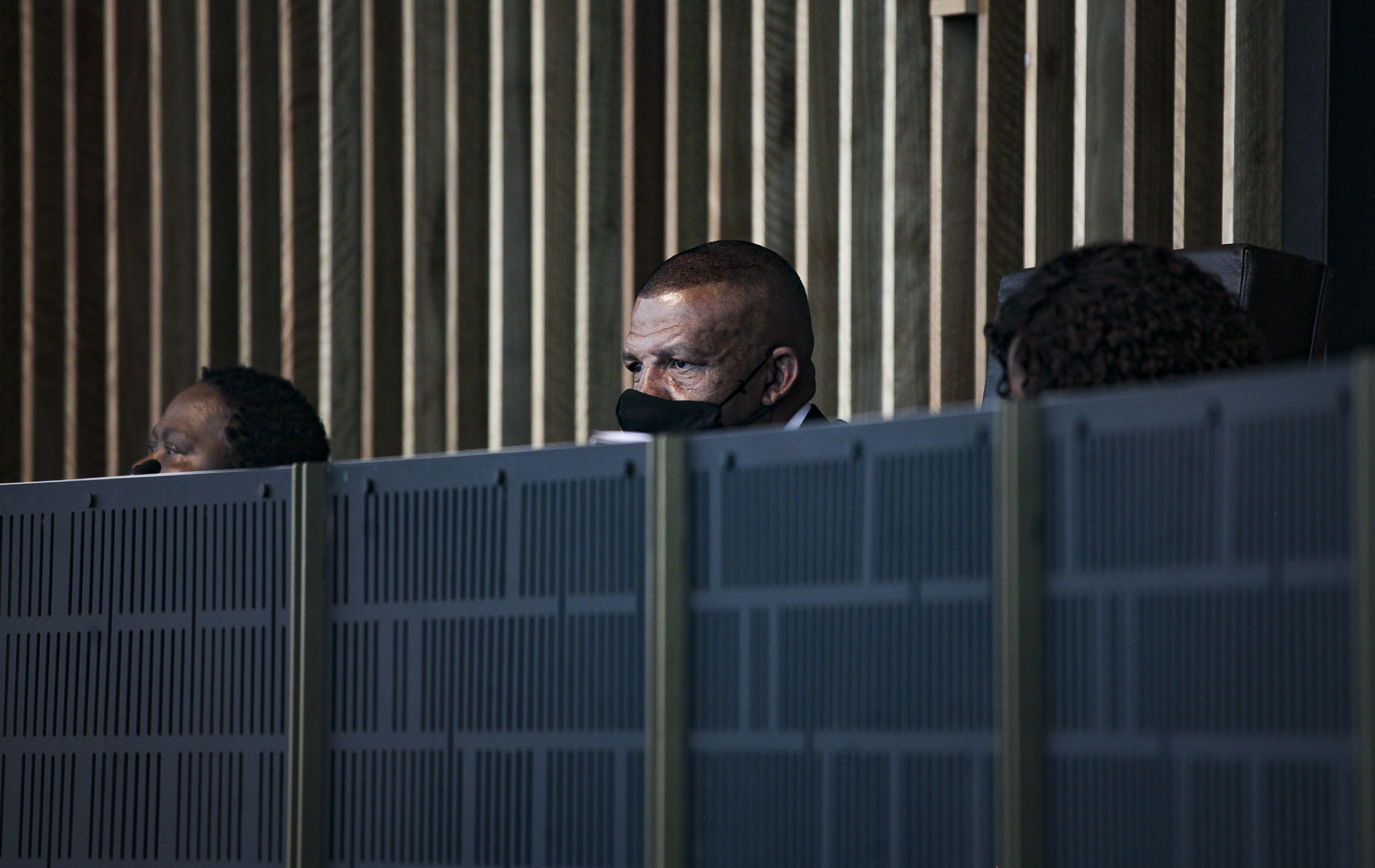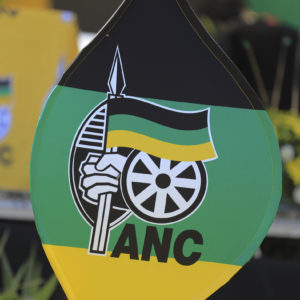Next bout in Joburg’s fighting start to the year
The City had a glimpse of its divided government when 2022’s first council meeting declined into fist fights. More pugilism could be on the way.
Author:
18 January 2022

The City of Johannesburg council will hold its second extraordinary sitting of the year on Tuesday 18 January to elect the chairpersons of its various portfolio committees, along with the key chair of chairs position. The unscheduled meeting comes after an initial attempt to elect the positions on 13 January fell apart when an ANC and EFF minority insisted the vote be conducted by secret ballot instead of the customary show of hands. Punches were thrown.
After last week’s failed elections, Joburg’s second DA mayor, Mpho Phalatse, laid criminal charges against a number of her ANC and EFF colleagues on the opposition benches. All this has happened before the City’s new council has even considered a piece of legislation or budget, much less completed its internal appointments.
After last November’s local elections, the council in South Africa’s economic nerve centre was left without a clear majority or governing coalition when its two biggest parties, the ANC and DA, lost 121 and 33 council seats respectively. The ANC won just short of 34% of the vote and 91 seats in council, while the DA’s 26.14% won the party 71 seats. The City’s one-time kingmakers, the EFF, also lost a seat in council after winning less than 11% of the vote.
Some hoped the election might herald a new era of legislative collaboration in Johannesburg. Previous top-heavy governing coalitions in favour of the ANC and, later, the DA during Herman Mashaba’s stint as mayor, steamrolled their legislative agendas through the council. Dilution of power and consensus-building would be a welcome change, so the argument went, for a municipality in which the provision of public goods and services has steadily deteriorated.
State of disunion
But the council appears to be at the mercy of issues playing out on both personal and national terrains. The Patriotic Alliance (PA), for instance, initially sided with the ANC and EFF in the 13 January vote. But the council upstart, whose eight seats have added to a growing xenophobic chorus on Johannesburg’s council benches, jumped the aisle to side with the DA and other smaller parties at the last minute in what was seen by some as part of an ongoing spat between PA leader Gayton McKenzie and his EFF counterpart Julius Malema.
Senior members of the DA caucus, meanwhile, suggested that the collapse of council by the ANC-led minority was a first dress rehearsal in the long lead up to 2024’s national elections, for which Joburg’s council chamber will be an important stage. With council speaker Vasco da Gama already expressing concern that it will be more difficult to keep such a divided Joburg council on its legislative track, it appears that the work of the City’s elected officials may play second fiddle to 2024’s symbolic scrimmages.
Related article:
By the time police officers – who were greeted by councillors shouting, “Those police are armed! We are no longer safe!” – had arrived in the chamber on 13 January, the meeting had descended into chaos. A number of physical fights had broken out among the City’s elected officials; Da Gama had disappeared into his chambers with members of the executive (rumours were flying among opposition councillors that chairpersons were being sworn in behind closed doors); and an ANC councillor had taken over Da Gama’s chair to run a minority-led mock election.
The EFF has approached Da Gama for a legal opinion on whether or not today’s vote should be conducted by show of hands or secret ballot. Either way, it will likely be a heated battle.

